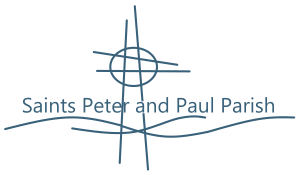Article 4 in the series
Last week, we looked at what scripture and tradition say about immigration, and this week we’ll look at what Catholic Social Teaching says about the issue. Please keep all immigrants and refugees in your prayers and contact Andrew Musgrave at musgravea@archmil.org or 414-271-6577 with any questions.
Since in 1891, our popes have been explicitly speaking out on issues of justice. Rerum Novarum (1891) came out against the awful living conditions of the working class, and ever since then issues across the spectrum of human rights and responsibilities have been addressed. Looking at the totality of this Catholic Social Teaching, five principles emerge that directly address the issue of immigration.
- Persons have the right to find opportunities in their homeland, specifically work that provides a just, living wage that provides for their basic human needs and a life of dignity.
- Persons have the right to migrate to support themselves and their families, insofar as all the goods of the earth belong to all, and if people cannot support their families with dignity at home, they must be allowed to go where that is possible.
- Sovereign nations have the right to control their borders, but this cannot be exercised when it’s simply done to acquire additional wealth; more powerful economic countries must accommodate migration flow.
- Refugees and asylum seekers should be afforded protection, welcomed without the threat of incarceration and with the right to have their claims/case considered by a competent authority.
- The human dignity and human rights of undocumented migrants should be respected, regardless of their legal status, because we are ALL created in God’s image and should be treated as such.
As you can see, there is a primacy given to people finding opportunities in their homelands and countries having sovereignty, but these are both relegated in the face of injustice and the inability to take part in the fullness of our God-given humanity.
